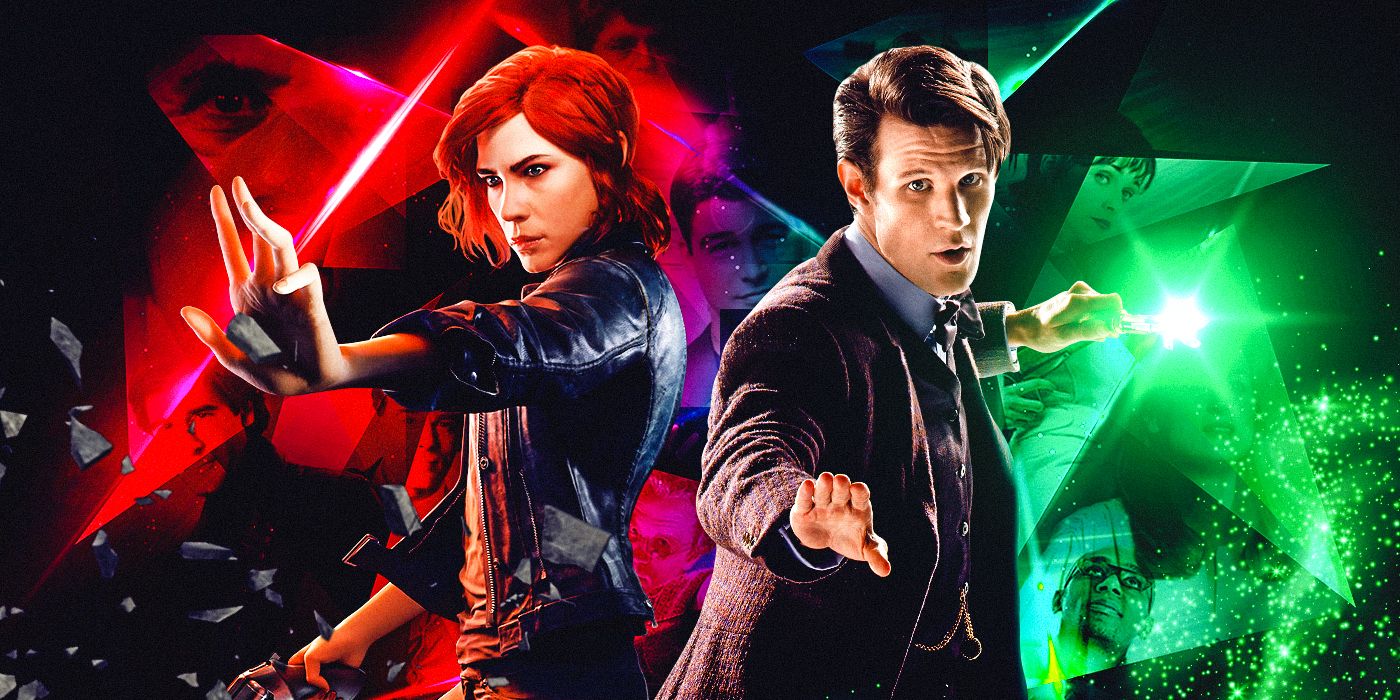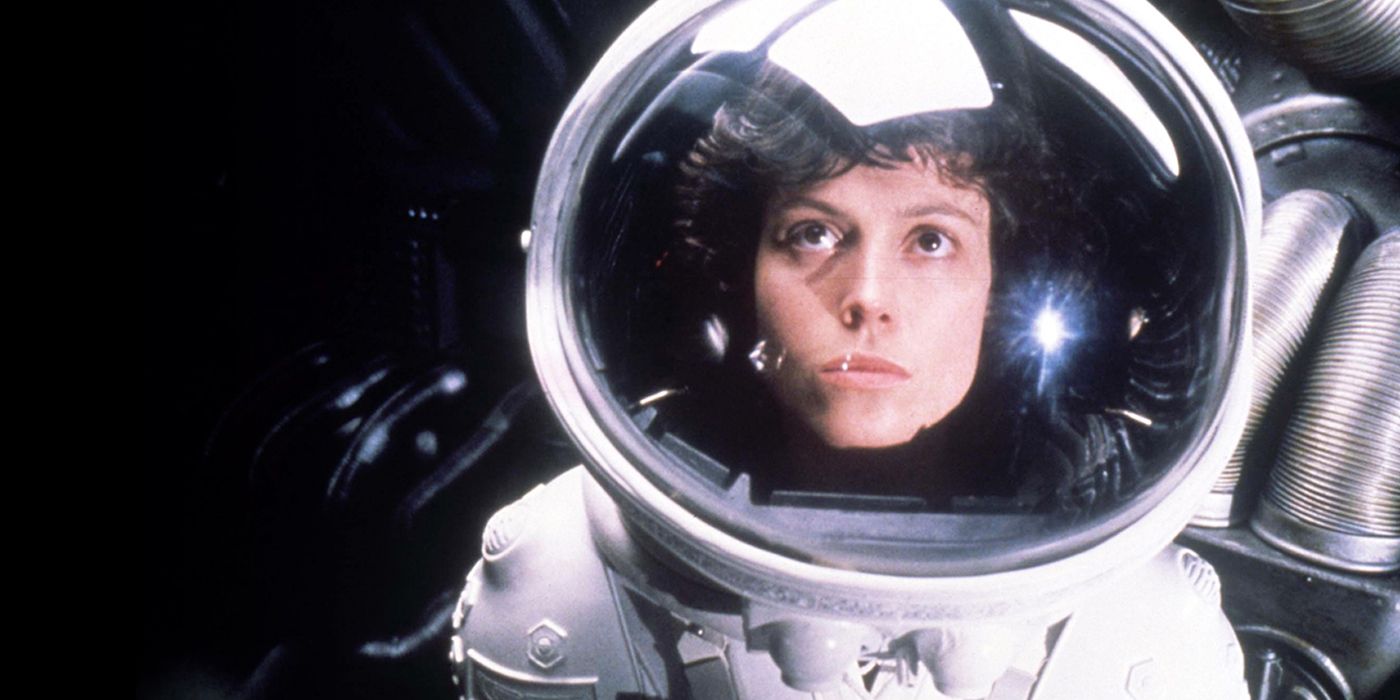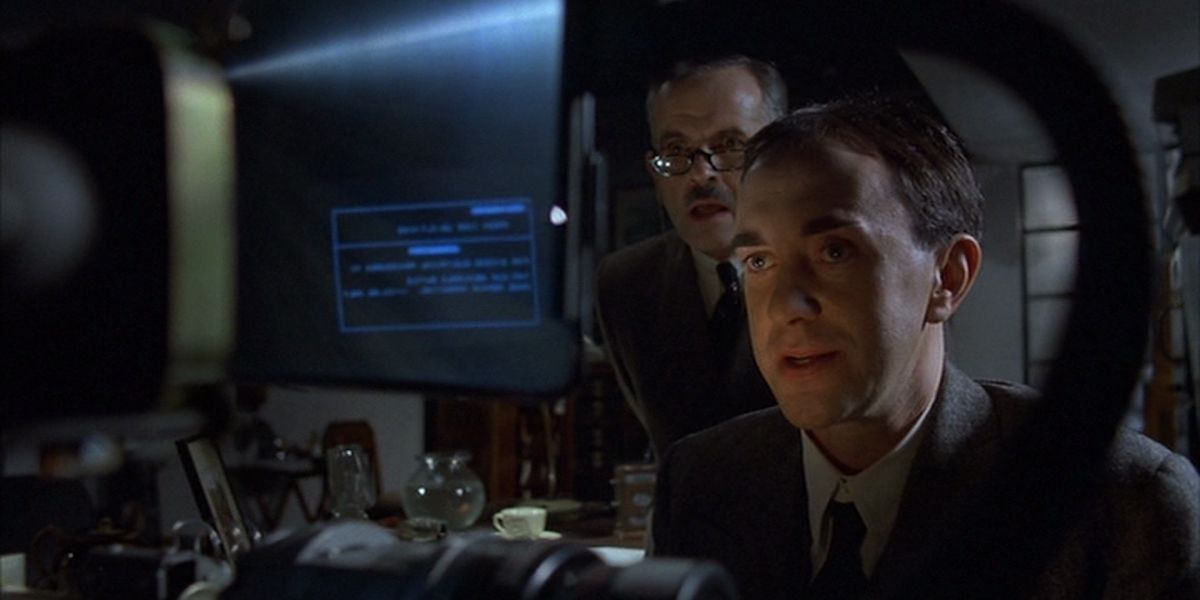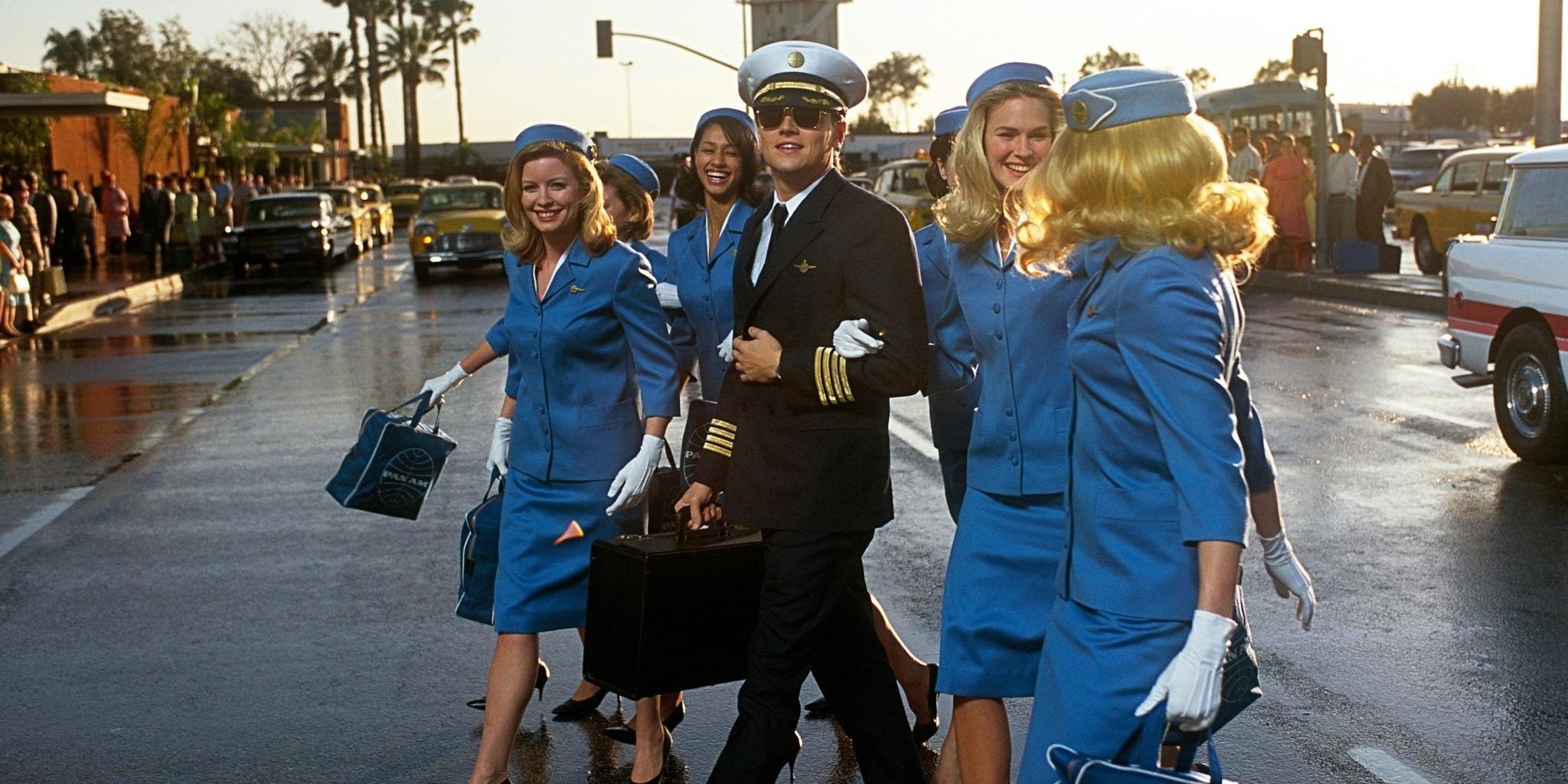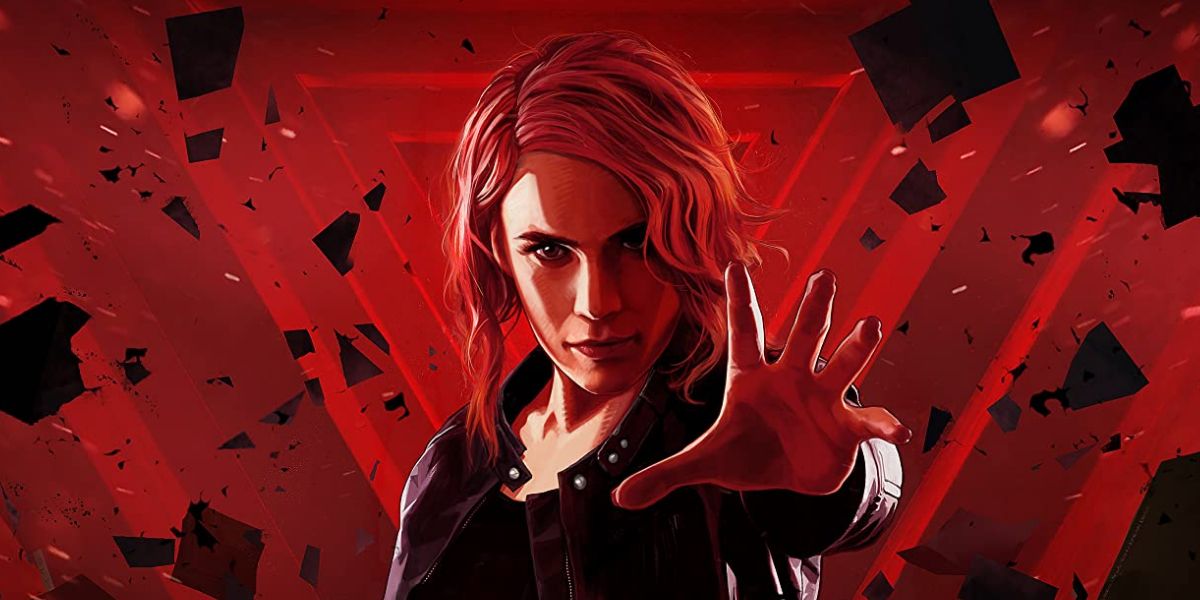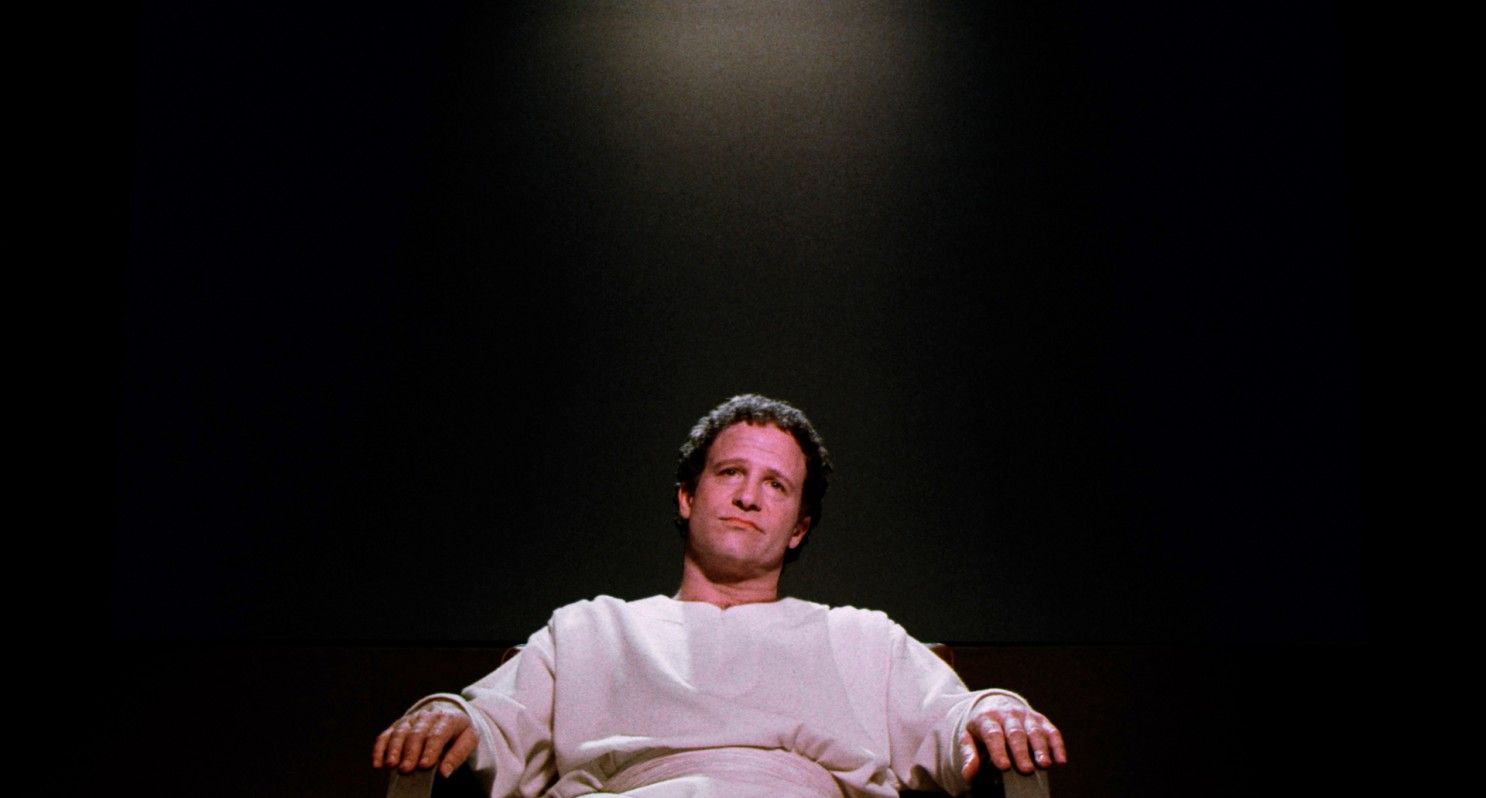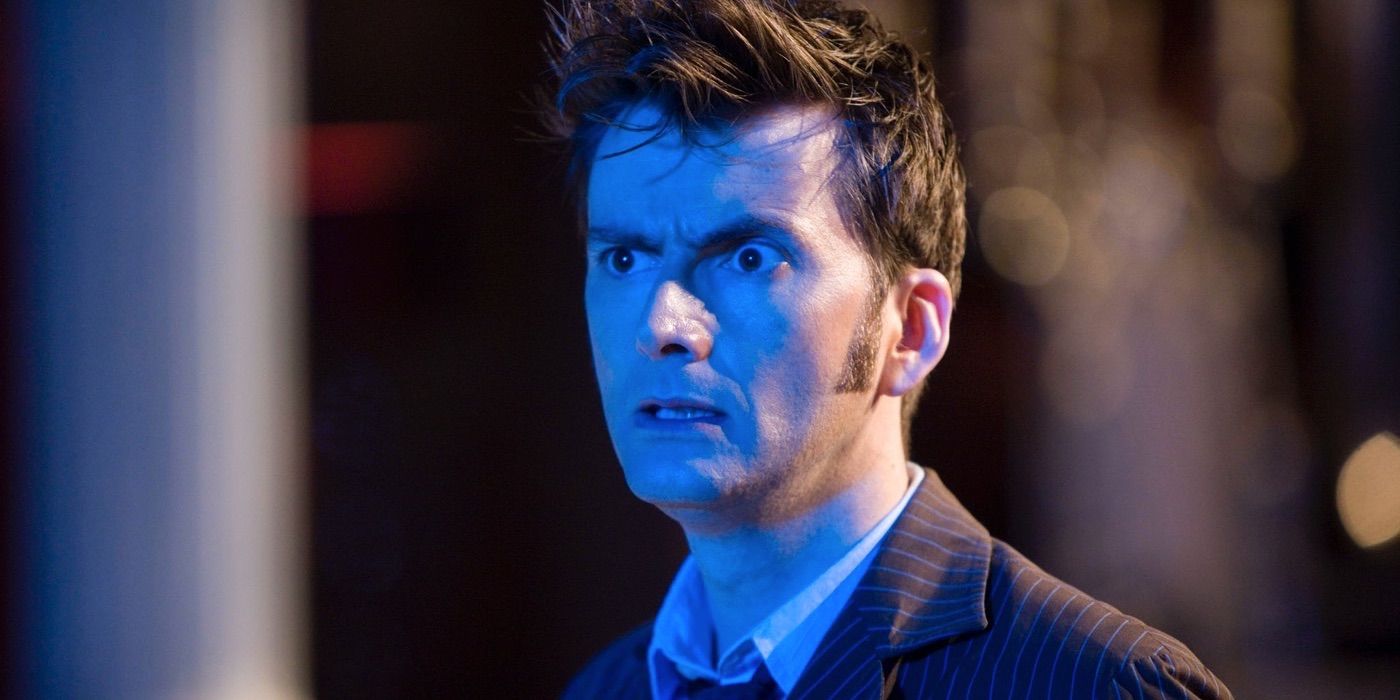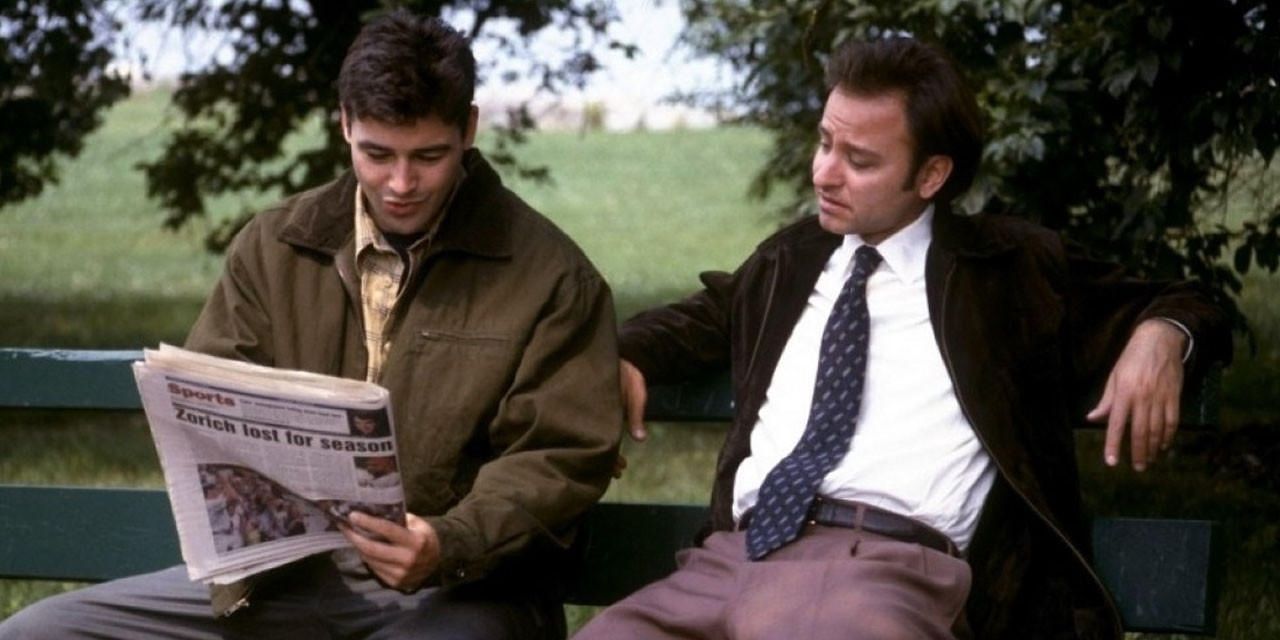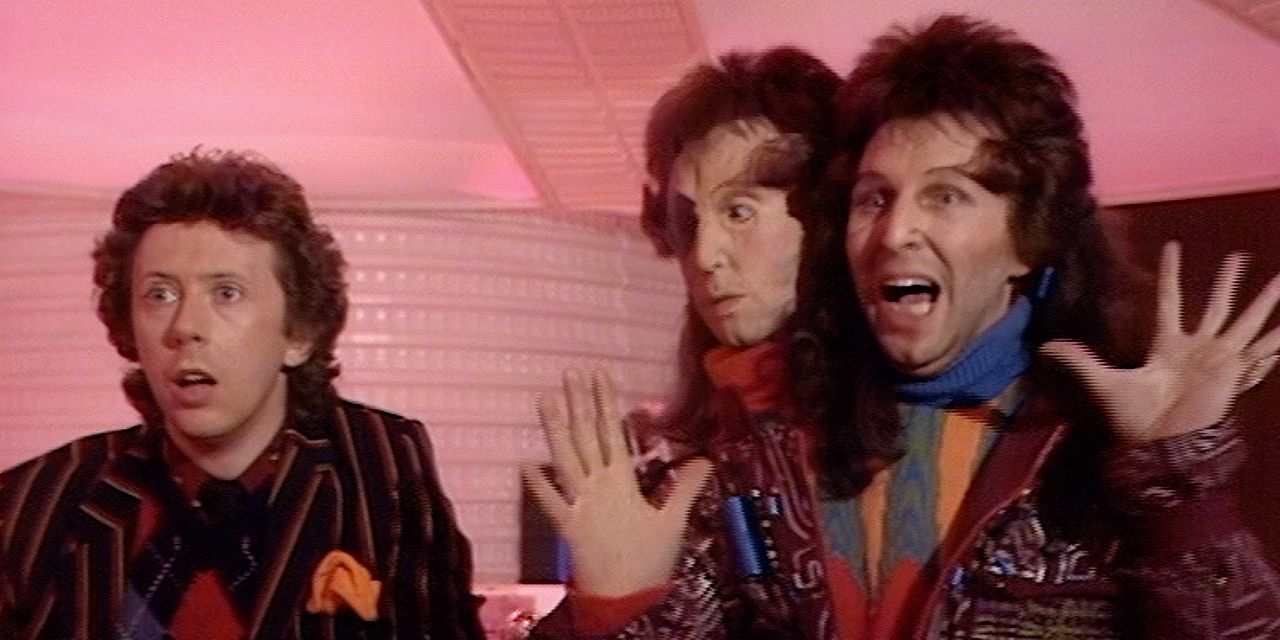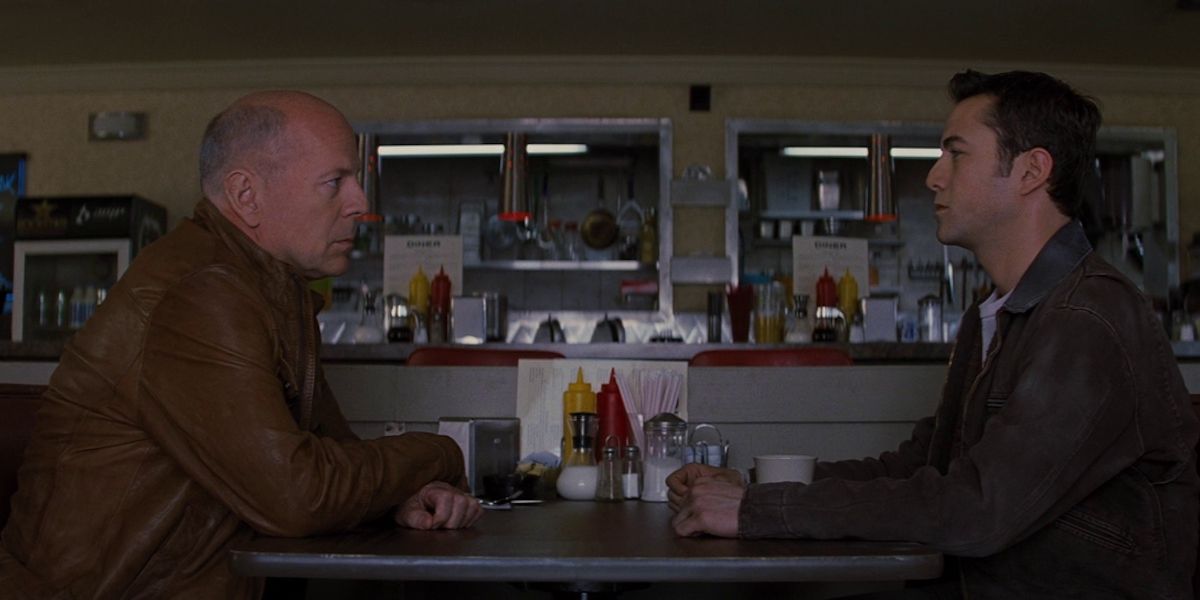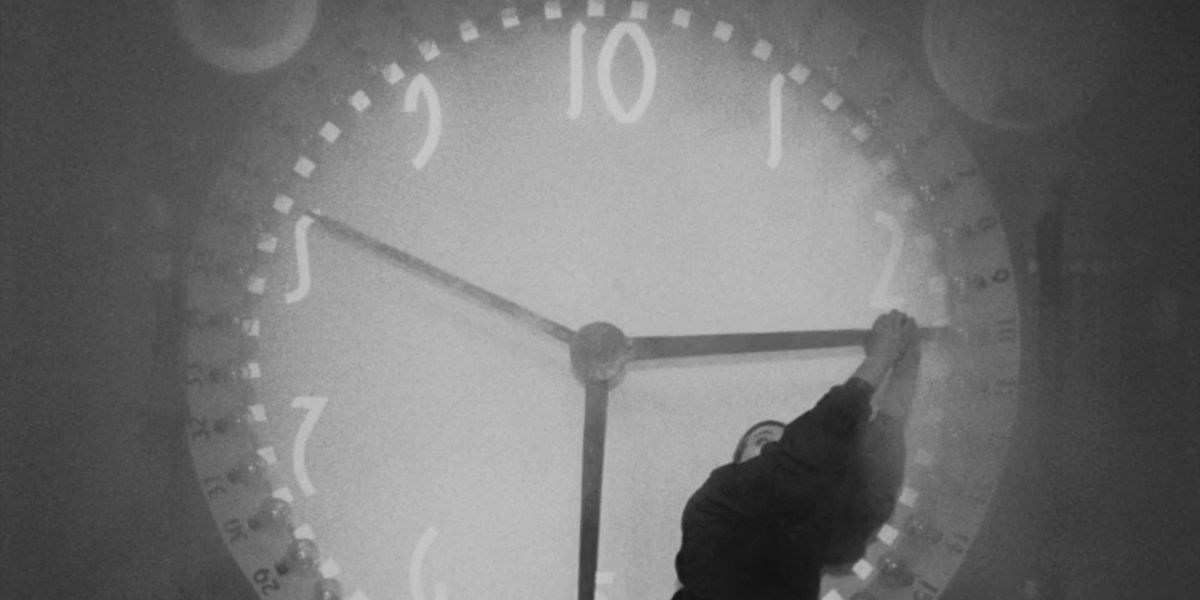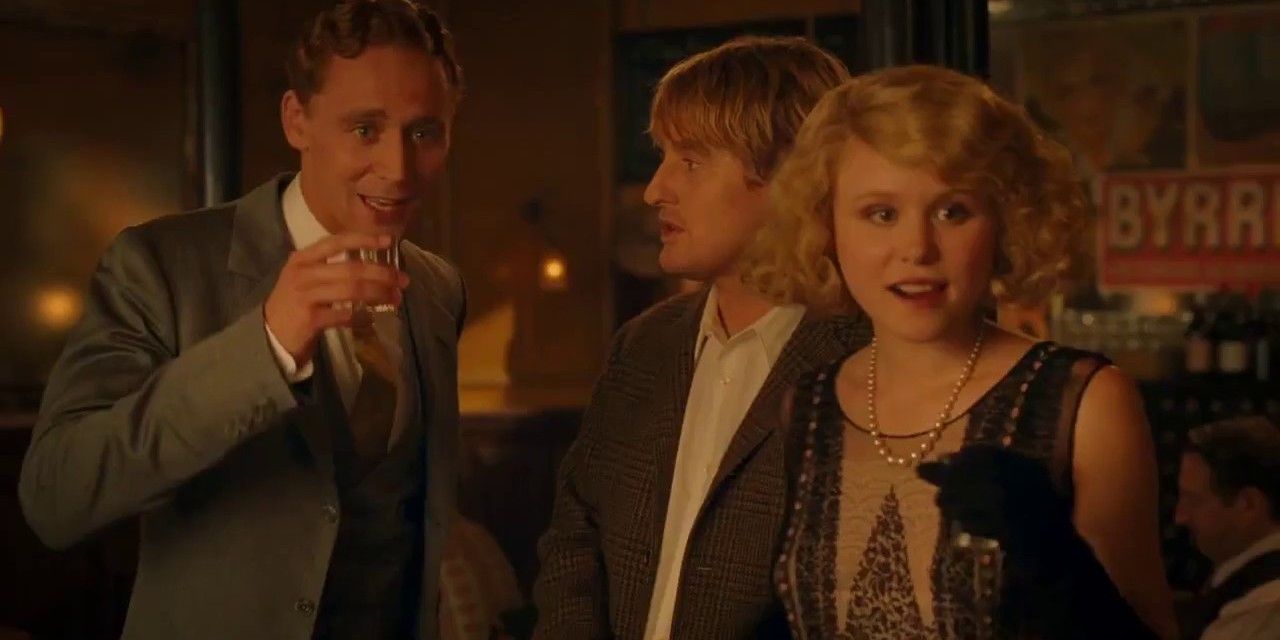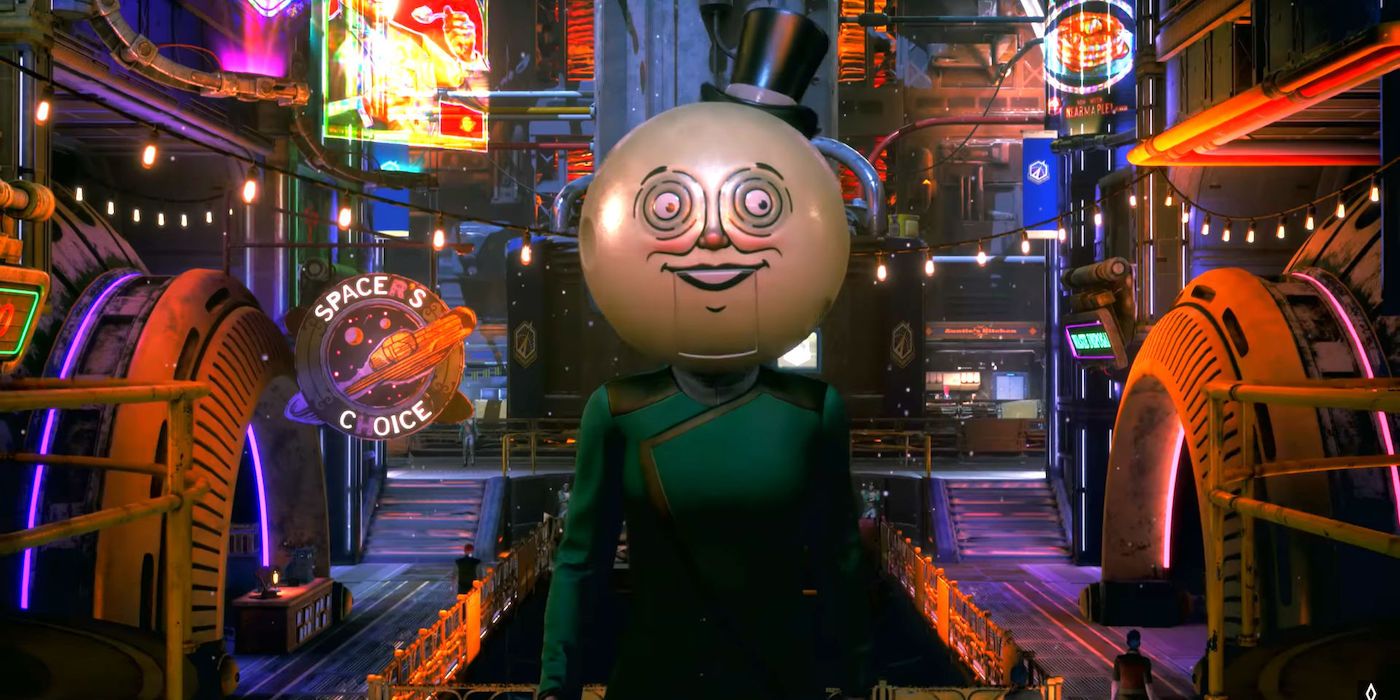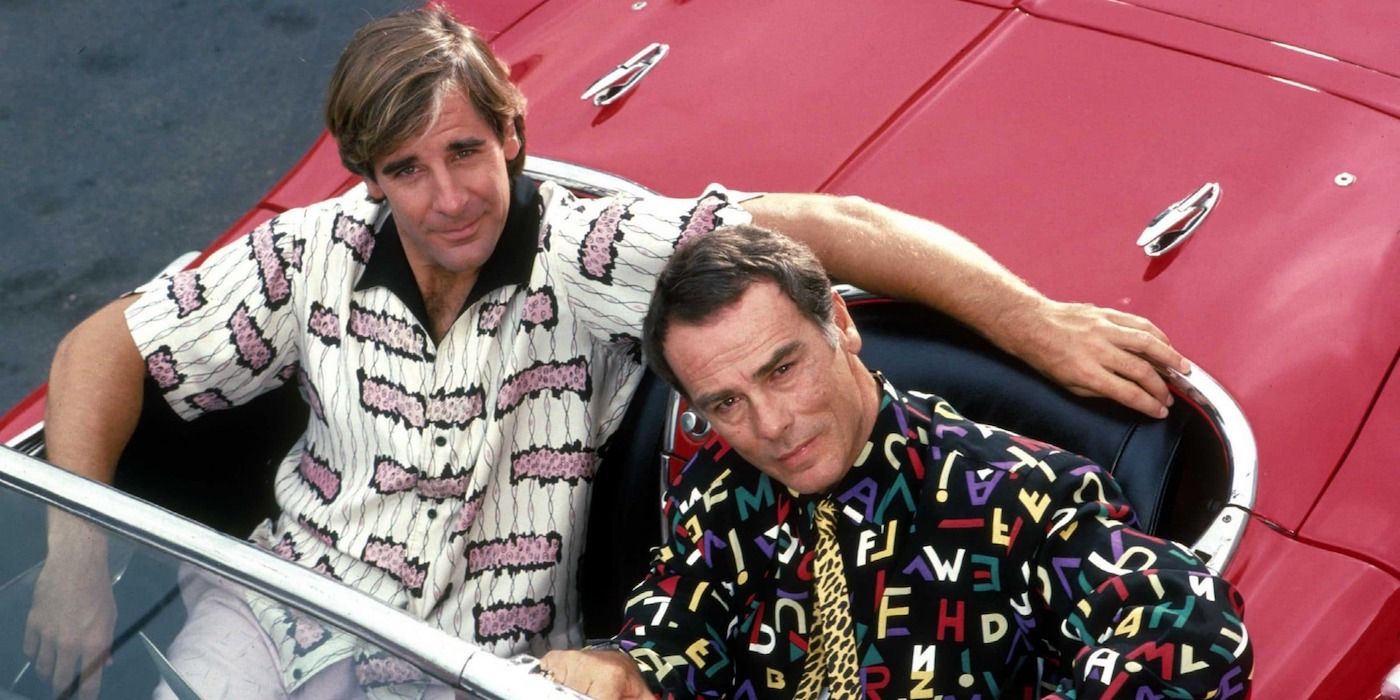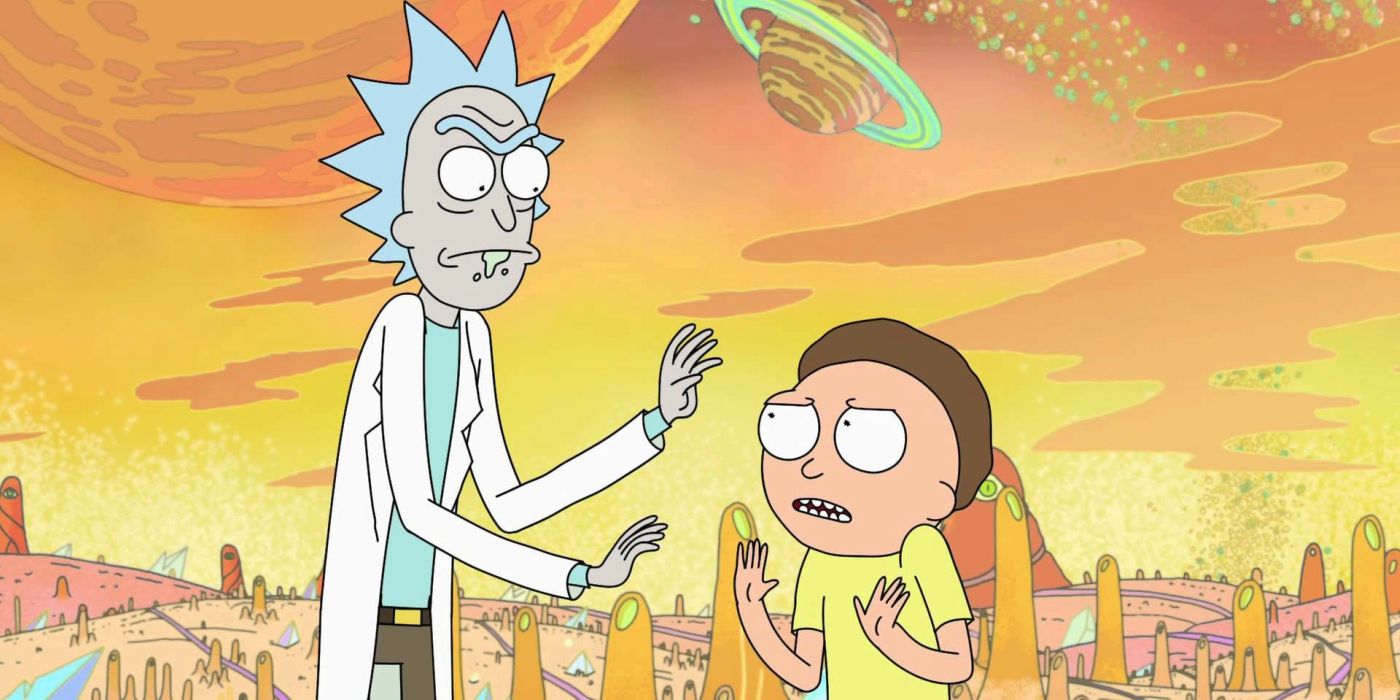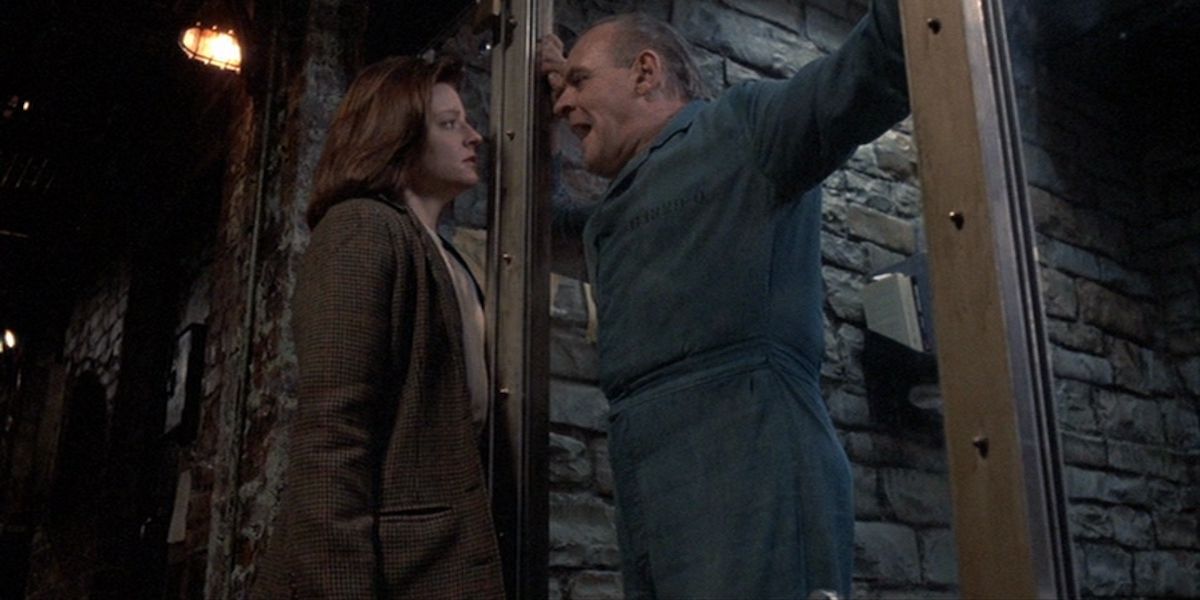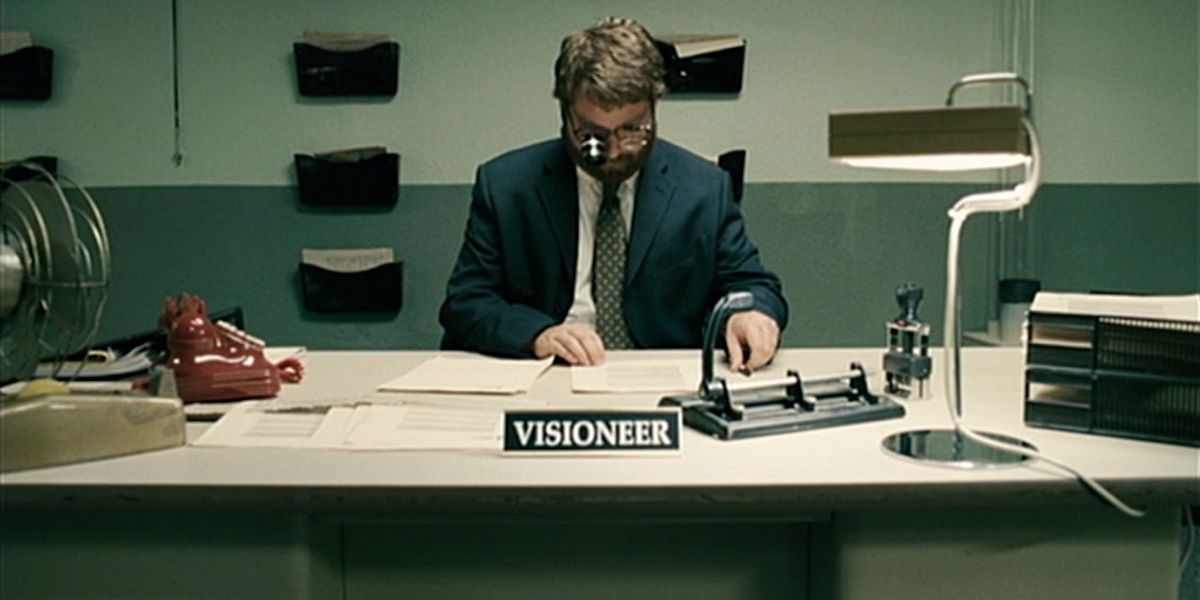As I watched the first two episodes of Loki, the latest Disney+ Marvel Cinematic Universe television series, I was particularly struck by how much in dialogue the show is with other landmark pieces of pop culture — and this is all coming after the show literally about being stuck in pop culture!
If you're loving Loki, can't get enough of Tom Hiddleston and Owen Wilson tripping their timey-wimey way through misadventures and existential crises of bureaucracy, and need some more, we've got you covered. Here are an eclectic collection of films, TV shows, and video games that feel in the same timeline as Loki. Add these to your automated "everything you've ever promised to watch and play" lists posthaste.
Alien
If you're eating up Loki's immaculate retro-future production design, from the "what did 1970s architects and engineers think technological spaces would look like?" vibe of the TVA down to the font choices in every title, you must watch Alien immediately and enjoy your main course. This 1979 sci-fi-horror classic, from master of production design Ridley Scott, will definitely rip your guts out harder than the family-friendly action of the MCU series, so approach its thrills with caution. But as a foundational text for the look of Loki, and even some of its bureaucratic subtext (what is the TVA if not the Weyland-Yutani company's aesthetics and labor politics applied to time?), Alien is an essential file.
Brazil
In a chaotic dystopia marked by oppressive, brutalist technology and a bureaucracy so embedded in every facet of life that it threatens to clip any illusion of free will, one man tries his damndest to break through his preordained destiny and find some kind of redemption.
Terry Gilliam's Brazil remains a masterpiece of dark, genre-bending, sci-fi comedy with as bittersweet a core as you'll ever see. Gilliam's 12 Monkeys might literally have a television adaptation, but Loki feels like the spiritual successor to Brazil; or at the very least, a more accessible distillation of that film's visuals, themes, and obsessions. To put it another way, Loki is to Shirley Temples as Brazil is to gin and tonics — one might be stronger than the other, but one can lead to the other, and both can taste great depending on your mood (though if Loki pulls a similar ending to the bleaker-than-bleak director's cut of Brazil, it will be the strongest cocktail of all).
Catch Me If You Can
When I watched Loki cast as the "real" D.B. Cooper, that mysterious man who hijacked a plane to steal a ton of money and parachute into infamy, I immediately thought of Leonardo DiCaprio in Catch Me If You Can. As Hiddleston suavely flirts with a flight attendant (Erika Coleman) before revealing his more nefarious scheme, so too did DiCaprio in Steven Spielberg's masterpiece of crime, melancholy, and broken families. In both works, it is beyond fun to watch our main character, played by a charismatic movie star, mess with the system and pull off their criminal shenanigans. And then in both works, it is beyond harrowing to watch these characters reckon with the implications of their actions and wonder if they can pull themselves out of a life wasted.
Control
A video game of ample style, authorial voice, political muckrakery, and creepy, creepy, creepiness! Control, originally released in 2019 (with a fancy next-gen ultimate edition released in 2021), feels like playing what would happen if the TVA was invaded by soul-sucking zombies. Your player character explores her way through the Oldest House, an imposing, ruthless, and eerily diabolical structure of bureaucracy, power, scientific experimentation, and so much dang retro-futurism. As she clears every corridor, battling these possessed shells of humanity with her ever-growing psychic powers, she discovers a reality-melting conspiracy, and a final truth that will change everything. Control is Loki as a psychological action-horror game, and I need everyone to submit to its unique charms and thrills as soon as possible.
Defending Your Life
In Episode 1 of Loki, Loki watches his life pass before his eyes, as he, the TVA, and we all judge every moment lived, and wonder if it represents a man (er, a god) whose existence is worth another shot. This is literally the premise of Defending Your Life, a 1991 Albert Brooks tragicomedy (perhaps the Albert Brooks tragicomedy) about a recently deceased individual whose entire existence is put on trial in a liminal afterlife plane. If he can defend the justification and necessity of his life well enough, he will be granted the chance of reincarnation; a fresh start.
Is Loki deserving of such a fresh start? If the series ends the way Defending Your Life does, that answer will surprise and delight you in equal, highly bittersweet measure.
Doctor Who
There are some aesthetic choices made in Loki that inspire comparison to one of the BBC's most well-known shows: epically long-running sci-fi adventure series Doctor Who (one big one: The similarities between the design of the Timekeepers to what the Time Lords have been seen wearing in the past). But beyond its aesthetics, there are a number of episodes of the show, especially during the Russell T. Davies and Steven Moffat eras, which bring similar thematic vibes to the way Loki depicts the awe-inspiring power of being able to see the timeline in its entirety as a mind-numbing bureaucratic chore. It's a fun vibe that is especially prevalent in episodes set in our not-too-distant future, as sci-fi writers seem to agree on one thing: whatever's coming in the next few decades, it's going to involve a lot of needless rules and regulations. - Liz Shannon Miller
Early Edition
In watching Loki, despite the series' relationship within that wide, wild thing we call the Marvel Cinematic Universe, it reminded me the most of the smaller-scale, self-contained pleasures of "case-of-the-week prestige television from the 1990s." The kind of low-commitment show you'd plop on after work or school to enjoy as a short story of sorts; all pleasant vibes and tidy conclusions. Seeing Hiddleston and Wilson solve time crimes in different settings gave me this jolt, a jolt I didn't realize I missed.
If you want this specific kind of jolt, I highly recommend the CBS show Early Edition. Originally airing from 1996-2000, the light fantasy drama follows Kyle Chandler, an everyman blessed/cursed with tomorrow's newspaper today; the early edition, if you will. With the help of his friends Shanésia Davis-Williams and Fisher Stevens, Chandler begins to help those direly affected by what will transpire tomorrow, becoming a sort of gentle, time-hopping superhero of his Chicago neighborhood. While Loki is certainly snarkier than this earnest, lovable program, they feel inextricably linked to me in their examinations of time, redemption, and comedy-tinged misadventures. If an orange cat starts showing up in Loki, I'd call your local newspaper editors...
The Hitchhiker’s Guide to the Galaxy
Douglas Adams' masterwork of comedy sci-fi, The Hitchhiker's Guide to the Galaxy, is one of the most influential, imaginative, and hilarious pieces of literary fiction ever written. You must read it. You must!!
But, for the purposes of this list and this website, I will instead talk about the various adaptations of this property as it pertains to Loki. While Loki stars one Brit, none of the creative crew nor settings scream "lowkey absurd British comedy." And yet, its tone, visuals, and attitudes toward many of the series' wildest moments kept reminding me of Hitchhiker's, one of the great pieces of "lowkey absurd British comedy" we've got. The 2005 feature film adaptation of the book is a great place to start, with an adept cast like Martin Freeman, Zooey Deschanel, Mos Def, Sam Rockwell, and Alan Rickman zipping their way across the imaginatively filmed galaxy in splashy set-pieces of broad comedy, visual silliness, and musical mayhem.
But if you want something tracked as explicitly to Loki as possible, especially in Loki's practical production design and feeling of "crampedness," I highly recommend you seek out the 1981 BBC miniseries take on the material. It's chintzy, obviously low-budget, and smeary in its digital video compositions. It's also so dry, so silly, so funny, and so able to transport the viewer to a particular state of being. Loki feels like Arthur Dent (Simon Jones), our bedraggled protagonist doing his best in outrageous situations; Agent Mobius feels like Ford Prefect (David Dixon), our "professional shenanigans-introducer"; and the TVA feels like Marvin, the Paranoid Android (Stephen Moore), an oppressively sad and overbearing robot. Whatever version of the Guide you undertake, you will find it the perfect companion to Loki's anglophile pleasures. Just remember your towel.
Looper
Agent Morbius saves Loki from a fate of being disintegrated out of time and existence by recruiting him on the TVA's most high-stakes case yet: Finding a variant, time-hopping version of himself.
This high concept reminded me immediately of Looper, Rian Johnson's pre-Star Wars take on high concept science fiction. In Johnson's film, a work of jagged idiosyncracies, noir-influenced bits of despair and black comedy, and a retreat to a literal farm, Joseph Gordon-Levitt tries his best to hunt down his future, variant, time-hopping version of himself, played by Bruce Willis. But just as Loki is learning, Gordon-Levitt learns of all the complications that come from trying to mess with "yourself," and has multiple crises of conscience, of fate, and of free will along the way. Looper plays a lot more twisted and tense than Loki, but plays like an excellent base reality of unique sci-fi storytelling for Loki to riff on.
Metropolis
If you want to pay your respects to all of the aesthetic and thematic touchstones being referenced in Loki and all of these other works — from retro-futurism to the bureaucratic nightmares of city living to brutalist, dystopic existences to the attempts at changing your set-in-steel fate — you must watch Fritz Lang's Metropolis. Originally released in 1927 to mixed reviews, the silent film has since been rightfully reclaimed as an essential piece of cinema, a game-changer, a definer of an artistic era we're still living in. Loki's more populist refractions and refinements of the film do not negate the film's obvious influence on it; to watch Metropolis in any of its many forms with any of its many soundtracks is to watch square one of science fiction screen storytelling as we know it today.
Midnight in Paris
In Loki, Owen Wilson plays a man very used to his current circumstance involving time, and Tom Hiddleston plays a god completely out of his element with the idea of time travel.
In Midnight in Paris, their roles are completely flipped! Tom Hiddleston, as famed author F. Scott Fitzgerald, is very used to his circumstance involving time, whereas Owen Wilson, as the romantically bumbling Gil Pender, is up a creek without much of a paddle regarding the idea of time travel. Gil has always complained about being born in the wrong era, but when he gets his wish — the ability to travel to 1920s Paris with a litany of literary superstars — his life becomes complicated in ways he could've never predicted. It's a charming, ebullient film, and it's a downright cheeky acting exercise to watch Wilson and Hiddleston switch roles so thoroughly later in their career. Could we get an alternate edit where Wilson plays Loki and Hiddleston plays Mobius, please?
The Outer Worlds
Bursting at the seams with colorful retro-futuristic imagery, delightfully rendered worlds, and satirically sharp commentary about an economically fascist society, The Outer Worlds is a video game that feels like Loki mixed with Guardians of the Galaxy. The FPS-RPG title, released in 2019, gives you lots of room to explore, experiment, and chart your own destiny, even as its deeply shaded but often ironically dissonant NPCs encourage you to stay on the path of least resistance (especially as it relates to the oppressive government forces pulling the strings around everything). It's shockingly funny, deeply emotional, and snarky about the power systems it needs to be snarky about. In other words, it's the perfect game to play alongside your Loki adventure.
Quantum Leap
Another gentle sci-fi TV series to provide utter vibes! Quantum Leap, originally airing on NBC from 1989-1993, stars Scott Bakula as a physicist who keeps jumping through time periods into the bodies of random people. As he undergoes Early Edition-esque cases-of-the-week solving his new era's time problems, his best bud Dean Stockwell, just playing an utter "man" of a man, appears as a hologram to dole out advice and try to, one day, get Bakula home to his proper timeline. Quantum Leap is a warm, humorous, bold piece of science fiction television storytelling, one that uses its time-jumping structure to make couched statements about humanity.
I just got roasted in the Collider Slack channel for saying this, but: Loki is a stealth Quantum Leap reboot, and I will hear no other arguments. Just wait until Bakula and Stockwell show up in a credit stinger!
Rick and Morty
If Loki grappling with the bureaucratic annoyances that come with messing in the realms of time and space felt familiar, it might be because you've seen a few episodes of the Adult Swim animated phenomenon. So far, Loki has shown that it shares a certain anarchic vibe with Rick and Morty, as well as an eagerness to use sci-fi tropes to create some truly deep and existential questions about life and its significance. And that's not a coincidence, as Loki head writer Michael Waldron was previously on the writing staff for Rick and Morty. Of course, the two shows are pretty different, mostly thanks to their protagonists — if Rick was forced to deal with the Time Variance Authority's reams of paperwork and endless procedure, he'd no doubt start firing his laser gun until it was running on empty. - Liz Shannon Miller
The Silence of the Lambs
To catch a vicious criminal, law enforcement professionals must enlist the help of... a vicious criminal.
This is the inherent, juicy-conflict-laden premise behind both Loki and, of course, The Silence of the Lambs. And while Lambs is obviously way, way darker in tone and imagery than the Disney+ MCU series, I couldn't stop thinking about that Academy Award-winning horror-thriller's structure, its exploration of a person's continuum between good and evil, and its star Anthony Hopkins' Academy Award-winning performance as charming psychopath Hannibal Lecter. What is Hiddleston's Loki if not Hopkins' Lecter after years and years and years of therapy? And could those years of therapy... be the events of Loki itself?
As for Owen Wilson and Jodie Foster, the comparisons are too obvious to even write about. They're both Southern-twanged avatars of purity and justice in a strange world. Next question.
Visioneers
An understated, loopy, deadpan surreal sci-fi sad-com from a pre-Hangover Zach Galifianakis, Visioneers is one of our most underseen contemporary comedies, a work that feels on the vanguard of a shift as to what filmed comedy could explore. Playing something like Mike Judge's Metropolis, the film stars Galifianakis as a grunt — actually called a "tunt" — in the Jeffers Corporation, a strange conglomerate where people greet each other by giving the middle finger. Galifianakis is a descendent of George Washington named George Washington Winsterhammerman. He begins to worry about his destiny when people around him begin exploding due to stress. It only gets weirder from there.
Visioneers, like Loki, has a lot of complicated stuff to say about our destinies, our abilities to rewrite ourselves, and our relationship to the unyielding grips of powerful systems. Both works cut all of this by supplying a steady stream of wild comedy, genre ingenuity, and star power to spare (even if here, the stars are all working in a purposefully muted tone). It's bursting at the seams with ideas and genres and boldness. And if Loki borrows the bursting-at-the-seams ending of this picture, then we'll all be excitedly throwing our middle fingers in the sky to salute.

